According to the Havard Health Publishing, people follow a vegetarian diet or vegan diet for various reasons. This includes health, religious convictions, concerns animal welfare or the use of antibiotics and hormones in livestock, or a desire to eat in a way that avoids excessive use of environmental resources. A vegetarian doesn’t eat any meat and may or as a vegan may not choose to eat other animal products such as eggs, dairy, or honey.
Some will concern about the lack of certain nutrients in a vegetarian diet. These nutrients normally found in meat and fish. However, we may still obtain the nutrients in vegetarian or vegan diets as well if we are familiar with the food sources.
Below here are the key nutrients that vegetarians/vegans need to know:
- Protein
- Repair and build tissues, act as enzymes, boost up the immune system and serve as hormones
- Examples: Nuts, soy products, legumes, meat substitutes, dairy foods and eggs
- Calcium
- Maintain strong bones and support bones and teeth structure and hardness
- Examples: milk, yogurt, cheese, broccoli, butternut squash, black beans, white beans, soybeans, and tofu
- Iron
- An important component of hemoglobin, the substance in red blood cells that carries oxygen from lungs to transport it throughout the body.
- Examples: beans, seeds, soybeans, tofu, fortified breakfast cereals, dark green leafy vegetables and dried fruits
- Vitamin C can boost up the absorption of iron
- Zinc
- Important for growth and immune system. Play a role in cell division, cell growth, wound healing, and the breakdown of carbohydrates
- Examples: whole grains, fortified breakfast cereals, dairy products, soy products, nuts, seeds, and legumes
- Vitamin D
- Needed for healthy bones, regulate calcium, maintain phosphorus levels in the blood
- Examples: fortified dairy or soy products, egg yolks, and the easier way is 15 minutes of sun exposure for the daily needs
- Vitamin B12
- Keep body’s nerve and blood cells healthy
- Examples: yogurt, low-fat milk, fortified plant-based milk, cheese, eggs, fortified cereals and nutritional yeast
- Omega-3 Fatty Acids
- Makeup cell membranes, keep the nervous system functioning, maintain healthy cholesterol levels and prevent inflammation
- Examples: walnuts, flaxseeds, chia seeds, seaweed, beans, green leafy vegetables
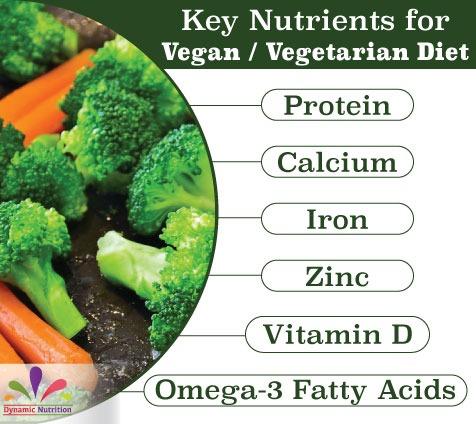
Click here for the easy and convenient solution!



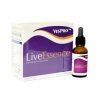


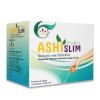
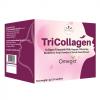
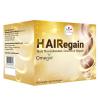
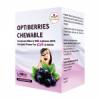
I m a vegan for almost 3 years. please introduce vitamins (vege). Protein vitamins too. currently in BP medication. Each time I consume flaxseed, I have constipation problem. what to do
Hello Ranjit, you may take our Organic Ashitaba Powder https://www.dyna-nutrition.com/shop/products/ashitaba/. This product is rich in nutrients which high in vitamins and protein as well. You just take a teaspoon and 3 times per day before meals. It helps to relieve constipation as well.
Flaxseed contains soluble fiber. You facing constipation might due to drinking not enough water or too much dosage of flaxseed. You may drink more water or reduce down the dosage of flaxseed to relieve the constipation issue.
please introduce vitamin (oil base) for my dry skin. I am a vegan
Hello Ranjit, we currently do not have any product in oil-based form.
You may consider our LiveBerries https://www.dyna-nutrition.com/shop/vespro/liveberries/ which are high antioxidant and high vitamin C for smoother skin